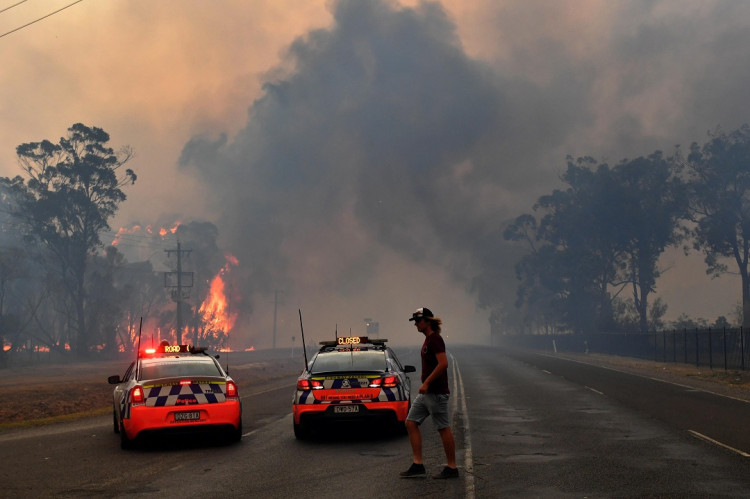The Australian government has just made a pledge to release an emergency package worth about 2 billion Australian dollars, or roughly around $1.4 billion, to address the country's ongoing bushfire crisis. Some have criticized the amount as nothing more than a drop in the bucket of what will be needed to cover the economic costs of the ongoing emergency.
The fires that have ravaged the continent have so far resulted in the deaths of 24 people and millions of animals. The fires, which began in September last year, have worsened to the point where the government had been forced to upgrade it into a state-level crisis. During the start of the blaze, the government initially treated it as a national problem; an issue it initially thought was manageable by state governments.
According to the latest estimates, the damage done by the bushfires could exceed $100 billion. So far, insurance claims involving fire damage have reached more than $500 million. However, the claims likely represent a small fraction of the actual damage to private property as a lot of properties in the country are either uninsured or underinsured.
Damage to public infrastructure should also be considered, as the fires have managed to topple down major infrastructures across the country. Losses from damaged or destroyed structures such as roads, bridges, and supply systems are estimated to be in the tens of billions.
The ongoing fires in the countryside have also effectively wiped out the country's tourism industry. Much of Southeastern Australia is still ablaze, dealing a huge blow to its tourism industry estimated to be worth $20 billion annually. An unforeseen and less tangible cost to the ongoing crisis could be the potential health effects that could cause hundreds, if not thousands, of illnesses and premature deaths.
While the country may be able to recover from the aforementioned losses given enough time, it will likely be unable to recover from the destruction of its natural ecosystem. Experts have estimated that the flames have wiped out more than 480 million native animals. Some have even claimed that entire species of animals could have been rendered extinct, essentially erasing billions of dollars worth of money spent on preserving the country's ecosystems.
Despite likely being just a drop in a bucket, the $1.4 billion prepared by the Australian government could still go a long way in saving what little can still be saved from the crisis. With the addition of a tsunami of foreign aid and contributions, Australia will persevere.






